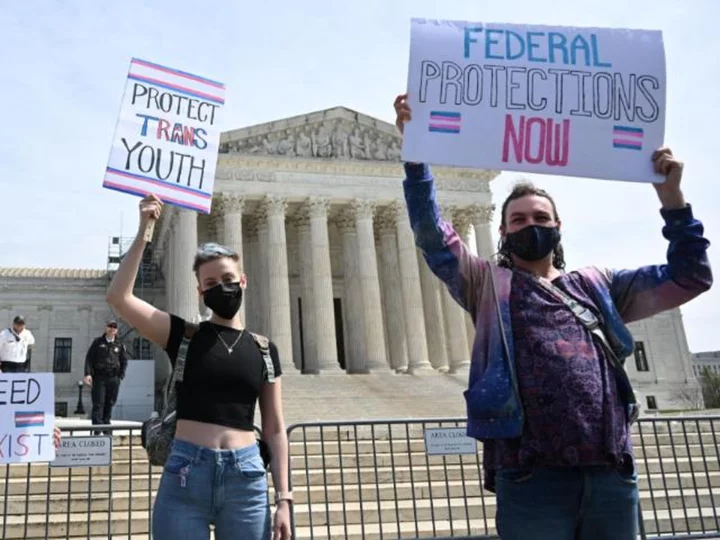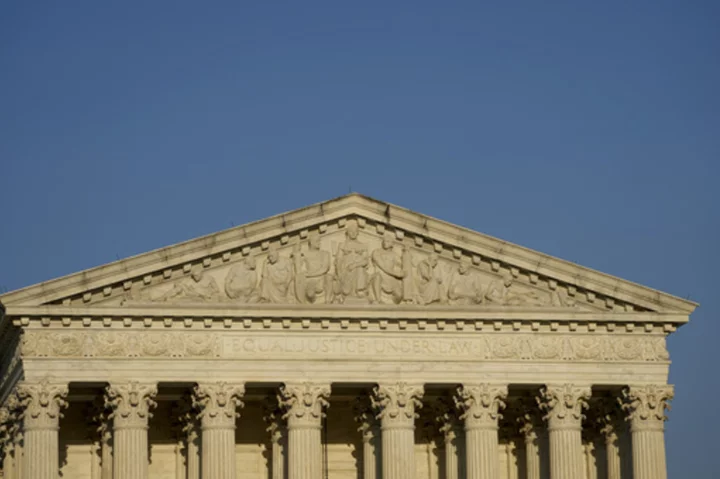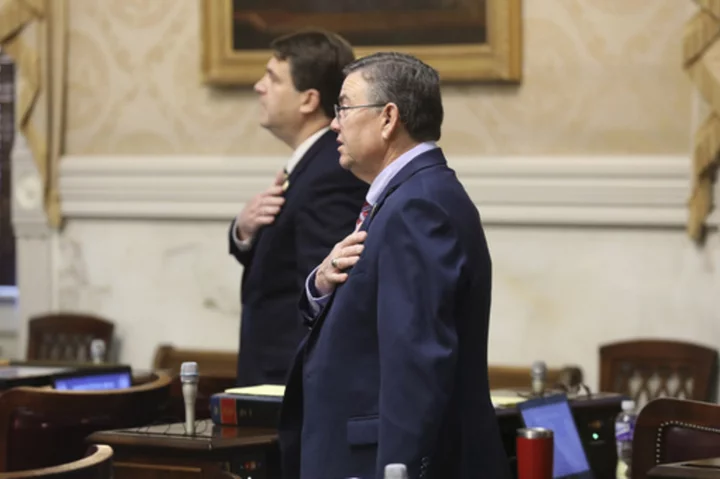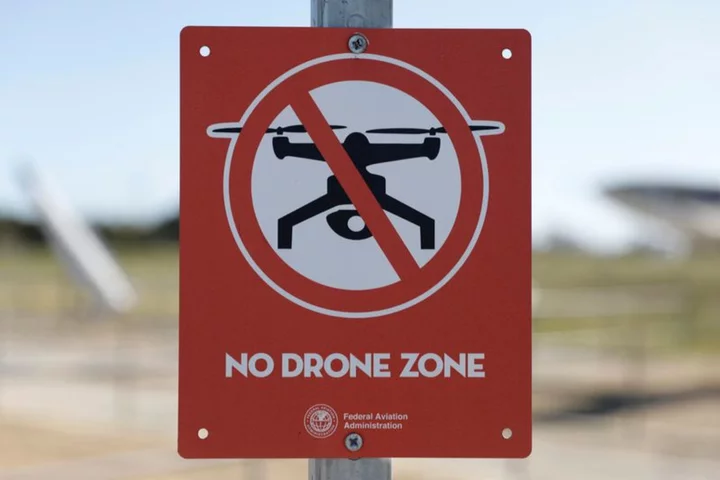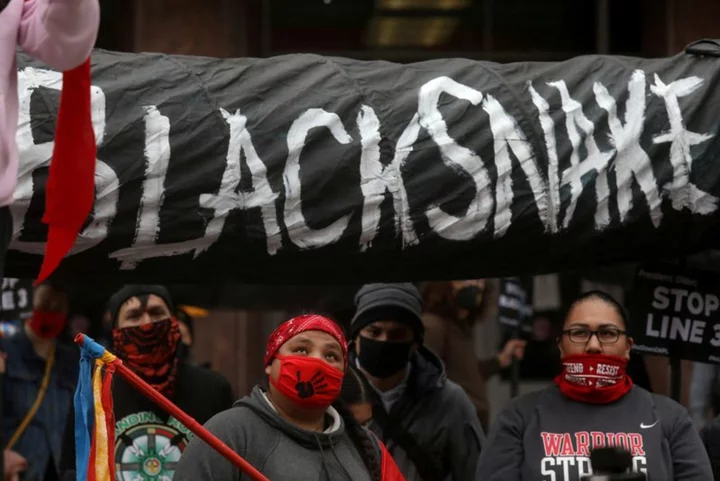The Supreme Court met behind closed doors on Thursday to decide if it will take up a case concerning whether the Americans with Disabilities Act covers individuals with gender dysphoria.
Gender dysphoria describes an uncomfortable conflict -- "psychological distress" -- between a person's assigned gender and the gender with which the person identifies, according to the American Psychiatric Association. "Though gender dysphoria often begins in childhood, some people may not experience it until after puberty or much later," the APA says.
The court has had few opportunities to consider how much federal civil rights law protects transgender Americans. In 2020, it handed a surprise win to the community when it said that Title VII of the Civil Rights Act protects gay, lesbian and transgender workers.
In the case at hand, Kesha Williams, a transgender woman who had been held for six months in a Fairfax County, Virginia, jail, sued several individuals connected to the jail in federal court, claiming that the way she was treated at the facility was a violation of the ADA and other laws. Among other things, Williams -- who had been initially assigned to the women's housing at the facility but was later moved to its men's housing -- claimed in her suit that she experienced delays in her medical treatment of gender dysphoria and harassment by other inmates.
A district court in Virginia initially dismissed Williams' case on the basis of the ADA's explicit exclusion of "gender identity disorders not resulting from physical impairments" from protection under the federal civil rights law.
Williams appealed, arguing that the language of the exclusion is dated and undefined. The appeals court agreed last August, saying that the protections Williams argued the law covers are in keeping with the spirit of the 1990 law.
"In light of the 'basic promise of equality ... that animates the ADA,' we see no legitimate reason why Congress would intend to exclude from the ADA's protections transgender people who suffer from gender dysphoria," a three-judge panel of the US Court of Appeals for the Fourth Circuit said in its majority ruling.
Now, a prison official who was named in the underlying lawsuit is asking the Supreme Court to take up the case, arguing that the lower court erred in its ruling and that the justices should reject its decision, effectively killing the lawsuit.
"The Fourth Circuit's narrow, and mistaken opinion rests on a flawed interpretation of 'gender identity disorders,' plural. This Court's review is imperative to correct the Fourth Circuit's flawed and anti-textual ruling," attorneys for the official told the justices in court papers.
Attorneys for Williams urged the Supreme Court to decline the request to hear the case, arguing that Williams' lawsuit was still in its early stages when the district court ruled against her and that a scant record of facts means that it would be difficult for the justices to fully assess the matter.
"There is no pressing need to review the question presented, particularly on this undeveloped record. As (the prison official) acknowledges, there is no circuit split on the question presented. To the contrary, the Fourth Circuit is the first appellate court ever to opine on the proper interpretation of (the section of the law at issue)," the attorneys wrote.
The justices have already taken up a separate case for next term concerning the ADA. In March, they agreed to hear a case concerning whether a self-appointed "tester" of the ADA has the right to sue hotels over alleged violations of the act.

